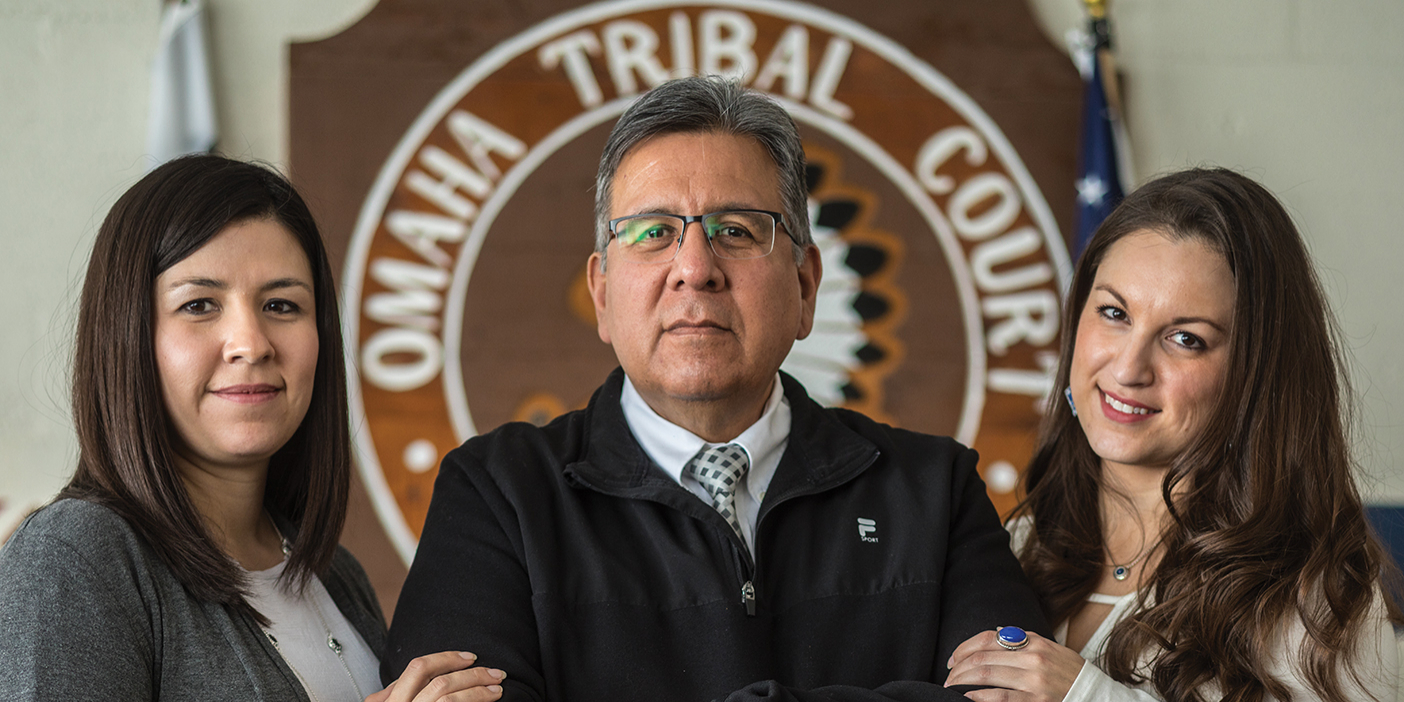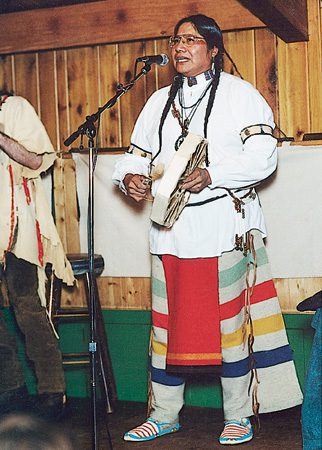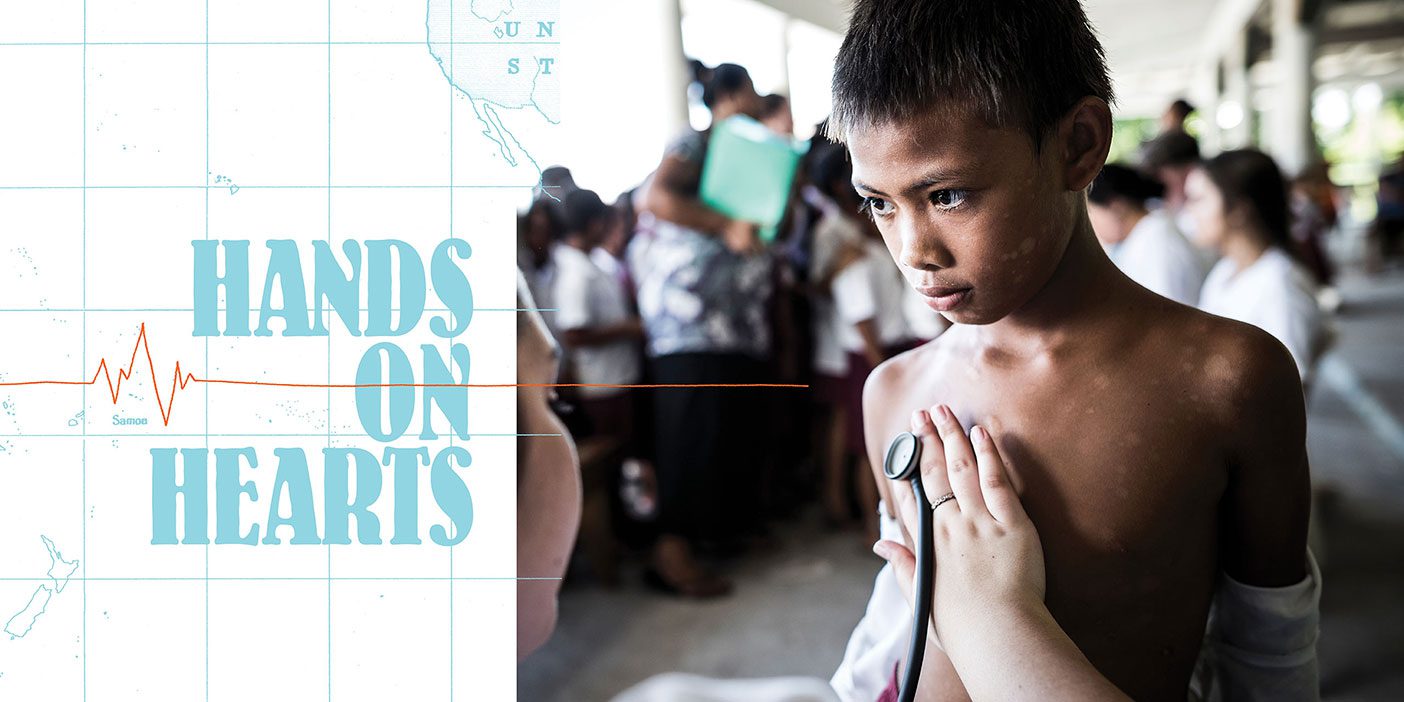One of them once traveled the world sampling chocolate—for work. Another helped revitalize the Sacred Grove’s forest. Yet another works for Google but got his first tech job by using his mission Japanese in a Provo restaurant. Learn more about the 11 recipients of BYU’s Alumni Achievement Awards and read insights they shared when they spoke to students in college gatherings. Presented at Homecoming 2012, the awards honor one graduate from each college and the David M. Kennedy Center for International Studies.
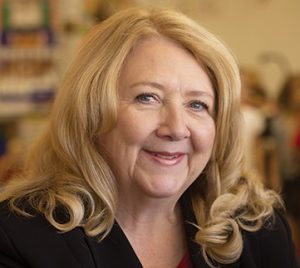 Education
Education
Susan Bearnson Huff (BS ’73, MEd ’98, EdD ’07)Spanish Fork, Utah
Elementary school principal and national educational consultant
BYU lesson learned: “Without a doubt, the synergy that comes through partnership.”
Y nostalgia: “I miss the energy and excitement that comes from walking across campus—and the anticipation of what I’m going to learn next.”
Hobby: Huff has designed and sewed wedding dresses for two of her daughters and baby blessing outfits for her 14 grandchildren. “Every one is unique,” she says.
Driving force: “In part, wanting to make [my] parents proud of [me], . . . and not wanting to disappoint them.”
Recent read: How Will You Measure Your Life? by Clayton M. Christensen (BA ’75). It points out that “no matter how well you excel in your career, if you don’t take care of the things that are most important, . . . then it’s all for naught. And ultimately, you’re not going to be happy.”
Speaker notes: “Shaping school culture is a daunting task—not for the faint of heart. It requires passion, courage, persistence. It requires personal study, mentoring, and training. It is not for the faint of heart, but it is such rewarding work.”
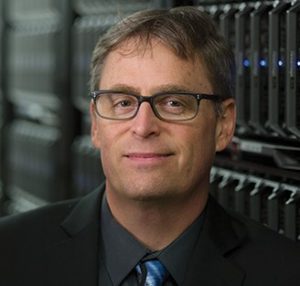 Engineering and Technology
Engineering and Technology
Philip J. Carmack (BS ’87)Santa Clara, Calif.
Invented the world’s first quad-core variable symmetric processing architecture
Y nostalgia: “Being with a bunch of people . . . who are all trying to do good things and all trying to further themselves and their knowledge is a magical experience. I think I’ve never been in an environment like that since leaving BYU.”
Why engineering: “I love math. I remember back in fifth grade my teacher saying, ‘Phil, I think you’re going to be an engineer.’ At the time I remember thinking she was saying I was going to be a train conductor.”
Success secret: “Having the perspective where I can look at things from the outside in, instead of the inside out.”
Professional rewards: “I just love it when I build something that everybody wants—or as many people as possible want—and they really think it’s cool.”
Secret skill: “We call it ‘wallaby,’ but it’s actually just pretending you’re not doing anything. . . . [My kids] always say I’m the best at it. I can do nothing for the longest.”
Speaker notes: “Technology is changing. Progress is through the roof. Sometimes you have to start over with a whole new perspective.”
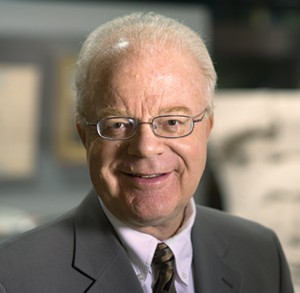 Family, Home, and Social Sciences
Family, Home, and Social Sciences
Steven L. Olsen (BS ’75)Heber, Utah
Senior curator of historic sites for The Church of Jesus Christ of Latter-day Saints
Worst BYU grade: C in swimming. “‘Hurt, pain, and agony’ was the motto of that class.”
Why social science: Olsen was inspired by his fourth grade teacher’s collection of National Geographic magazines.
Professional rewards: “Probably the most satisfying contribution that I helped make in my career was to define and then implement a restoration plan for the Sacred Grove.”
Recent read: Lincoln at Gettysburg: The Words That Remade America, by Garry Wills. “It helped me understand how the language that Lincoln used to express these ideas transcended the ideas themselves.”
Secret skill: Cooking exotic cuisine. “I think it stems from fourth grade, when for me the cultural diversity of mankind was the most engaging thing imaginable. Food is one of those things that expresses the variety of being human.”
Speaker notes: “[Church historic sites] unequivocally declare that the gospel of Jesus Christ has been restored to the earth in the latter days, that the gospel is true, and that The Church of Jesus Christ of Latter-day Saints is the kingdom of God on the earth.”
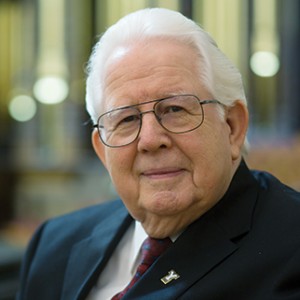 Fine Arts and Communications
Fine Arts and Communications
Jerold D. Ottley (BA ’61)Salt Lake City, Utah
Former conductor of the Mormon Tabernacle Choir (1975–99)
Favorite BYU class: A cappella choir. “But that was not a really difficult class because you just had to show up and participate.”
Worst BYU grade: “A C in physics—and the C was a gift.”
Success secret: “Steady and plodding.”
Secret skill: “My wife and daughter at one point in time got so disturbed by my constant puns,” says Jerold, “that they began grading them K through 12. And I didn’t very often get up the scale.”
“Well, all we wanted was a little quality control,” says his wife, JoAnn.
“But what I couldn’t teach them was the fact that a pun, to be good, has to be just as bad as it can be,” Jerold says.
“But then my answer to that,” responds JoAnn, “is this is not a victimless crime.”
Speaker notes: “My life’s path is evidence that there are powerful, often-unseen forces waiting for your arrival on the scene. Look and listen for those evidences. And finally, be brave! Take some chances—but only if you invite Providence to be your guide when you take those chances. . . . I didn’t have a master plan. I didn’t get up one morning and say, ‘I’m going to lead the Tabernacle Choir.’”
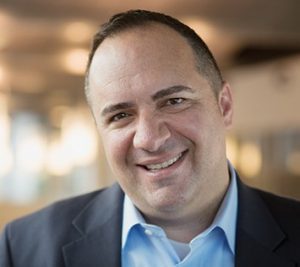 Humanities
Humanities
Aaron H. Sherinian (BA ’96) Arlington, Va.
Vice president of communications and public relations for the United Nations Foundation
Favorite BYU class: Latin. “There is nothing dead about Latin; it’s a language about resurrecting things.”
Student labor: Italian 101 instructor. “Ironically, my future wife taught Spanish 101 in the adjacent classroom at the same time. If I had punched a hole through the wall, we would have met. Instead, we met in Washington, D.C.”
Why humanities: “My Armenian grandparents taught me that the world is a very big place and there is something to learn from every culture. If we don’t, we are not being smart about the world we live in.”
Success secret: “The United Nations Foundation believes you don’t have to be a billionaire to have a big impact in the world. The face of philanthropy is changing.”
Recent read: The Dragonfly Effect, by Jennifer Aaker and Andy Smith. “It has me thinking about how organizations large and small can make a big difference today by using social media.”
Speaker notes: “The human conversation, whether or not you realize it, changed dramatically over the last few years. . . . We are living through a renaissance.”
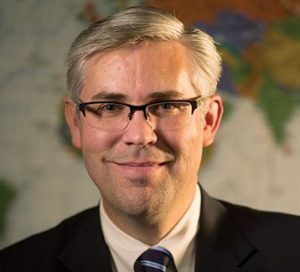 Kennedy Center
Kennedy Center
L. Gordon Flake (BA ’91, MA ’92)bBowie, Md.
Executive director of the Maureen and Mike Mansfield Foundation
BYU lesson learned: “To challenge my own assumptions. You come to any issue carrying a set of assumptions based on what little prior knowledge you have on that issue, and it’s easy to let those things color your views.”
Student labor: “My freshman year I fried doughnuts—at 3:30 a.m. I went down to the bowels of the Wilkinson Center every morning and I learned how to fry thousands of doughnuts and glaze them.”
Y nostalgia: “You’re in the mountains; you’re there every day. That feeling of being there and the security of being in the mountains—that I miss.”
Secret skill: “I am very skilled at using old cowboy songs to embarrass teenagers.”
Hobby: Travel. “One of my favorite mottos is ‘The world is a book: If you don’t travel, you’re only reading one page.’”
Speaker notes: “For the last four years, we’ve had a U.S.-Korea relationship that most people describe as the best ever. Part of the reason is that we have an American ‘liberal’ president who is in many ways more conservative than the Korean ‘conservative’ president.”
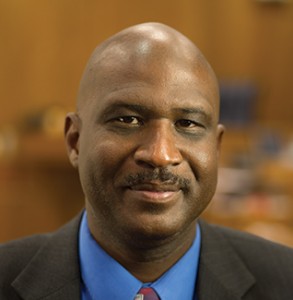 Law School
Law School
Keith N. Hamilton (JD ’86) South Jordan, Utah
Former chairman of Utah Board of Pardons and Parole and Utah’s first black cabinet member
Favorite BYU class: Criminal law with Woodruff J. Deem, which Hamilton says was also one of the most intimidating classes. Deem would often call on a student to stand and would then grill the student for the whole class period.
Worst BYU grade: Securities law. “I couldn’t even read that stuff.”
Professional rewards: “Seeing people change. The cynics don’t believe people can change; I know they can.”
Secret skill: “Waffles. I’m a talented waffle maker. My kids love my breakfasts. I do everything very, very well except the eggs—I leave my wife to cook the eggs.”
Hobby: Coaching youth baseball and football. “I just like helping the kids become their best.”
Speaker notes: “The worth of a soul is great in the eyes of the Lord, and America’s current practice of retributive justice and its exorbitant rates of incarceration are throwing away too many of those lives precious in the sight of God. Many of those being damaged most are not the perpetrators themselves whom our system seeks to punish but innocents such as the children and loved ones of the offenders.”
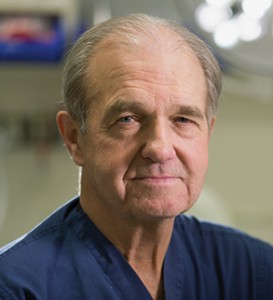 Life Sciences
Life Sciences
John K. Frischknecht (BS ’68) Mapleton, Utah
Utah County pioneer in cardiology
Favorite BYU class: Genetics. “I think that’s where the future is. Most diseases have a genetic predisposition.”
Laughable college goal: “Establish a fife, jug, and bottle band. It never got off the ground, but it did get a start.”
Why cardiology: “I’m amazed by the heart’s resilience. It gets wounded . . . and it keeps on going. It’s better than the Energizer bunny.”
Professional rewards: “Helping people. When somebody comes in with a bad heart attack and wonders if they’re going to live or die, and you can fix their artery, they’re so grateful.”
Hobby: “I love livestock. I still have an interest in the ranch I grew up on in Manti, and periodically I go down and work with my brothers, ride horses, gather the cows and the sheep. It’s hard to take the farm out of a boy.”
Speaker notes: “Cardiology has made tremendous strides in diagnosing and treating heart disease. . . . The success in the future in combating coronary artery disease will be identifying those at risk and establishing preventive measures through lifestyle modifications, gene manipulation, and medicines that will alter metabolic abnormalities.”
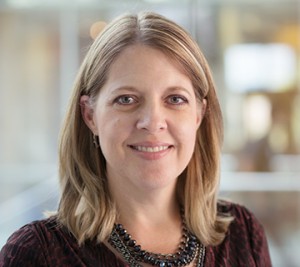 Marriott School
Marriott School
Andrea Brantzeg Thomas (MBA ’93) Bentonville, Ark.
Senior vice president of sustainability at Walmart
Why business: “I was working for a PR agency, and I always wanted to know more about the things I wrote press releases about. . . . I knew I needed to not be the one that writes about it but the one that does it.”
Worst BYU grade: “Somehow I thought I needed to take an investment theory class. And so derivatives, all that kind of stuff, was completely over my head—and it turns out, if you just hire a good financial planner, you’re fine; you don’t need to understand any of it.”
Hobby: As a mother of three competitive athletes, Thomas says, “Being a cheerleader for my kids right now is my biggest hobby.”
Secret skill: “I bake a mean pie.”
Professional rewards: As former vice president of global chocolate for Hershey, “I got to travel the world and eat chocolate. . . . The best chocolate in the world is the cocoa-dusted truffles at La Maison du Chocolat in Paris—for the record. These are like $75 a pound, so they are not cheap, but they are delicious.”
Speaker notes: “Being inspired is different than receiving inspiration.”
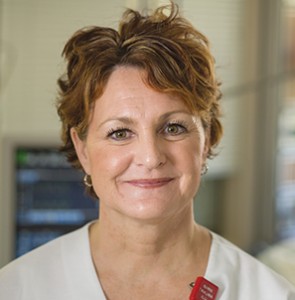 Nursing
Nursing
Lezli Williams Matthews (AS ’82)Sandy, Utah
Nurse manager of the University of Utah burn center
Y nostalgia: “I just feel a clean and peaceful feeling on this campus. It’s a break from the rest of the world.”
Laughable college goal: “I did not have the goal to get married. So to find somebody and get married really was a surprise to me. My goal in college was to graduate and instantly make some good money so I could travel. But I didn’t. I had a baby, went straight to work, and have never slowed down.”
Why nursing: “My great-grandmother was a midwife, and my grandmother helped her for years. My grandmother and my mother always told me I would make a great nurse.”
Driving force: “I’ve been criticized—told that I spend too much time worrying about my staff. That’s a compliment. Staff who know they are valued and cared for deliver excellent patient care; that’s also what keeps my patient satisfaction scores up. That drives me.”
Speaker notes: “When you get to the door of your assignment, take the big breath, shake off the drama we all have: don’t bring it in to the place where you are caring for patients; leave it at the door so your energy can be focused on your patients.”
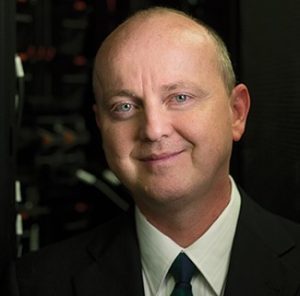 Physical and Mathematical Sciences
Physical and Mathematical Sciences
Daniel A. Young (BS ’87) Los Altos Hills, Calif.
Director of business operations and strategy for Google
BYU lesson learned: “I met my wife here—my future wife. Broke up with my future wife. That was probably one of the hard-learned lessons. . . . I really got some lessons in humility.”
Student labor: As a server in a local restaurant, Young was waiting on a table with a BYU professor and three Japanese businessmen, and he used his mission Japanese to speak to them. They were impressed.
“We’re starting a business,” one of them said. “Would you be interested in working with us?”
Young recalls, “He wrote his name and number literally on a napkin. That’s how I got my first job.”
Y nostalgia: “The easy marriage of intellect and spiritual that feels so natural here and unnecessarily feels in conflict almost everywhere else.”
Google’s next big thing: Self-driving cars. “It’ll take a while to have that technology ready for widespread use, but the impact I think that could have . . . is just pretty phenomenal.”
Speaker notes: “Great ideas aren’t hard to come by. What is hard is having the audacity to take them on.”







